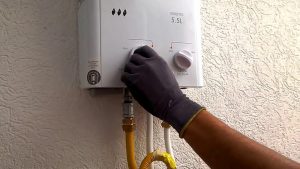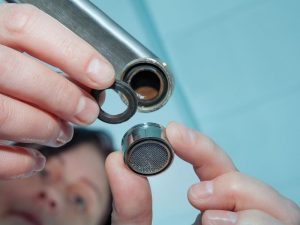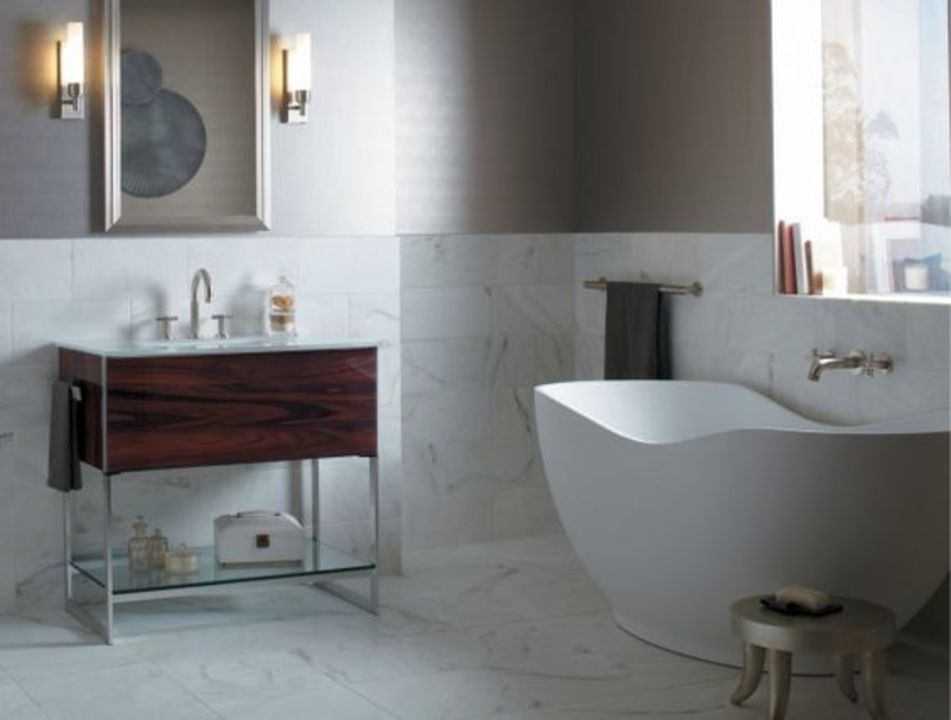Daily, a regular family consisting of 4 members can use up to 250 liters of hot water, on average. It may not seem like too much, however, projecting it monthly or annually, it could generate a family economic blow. You can have savings options, which also produce a positive impact on the planet.
Do not waste more in the use of the water heater and avoid leaks

It is important to avoid excess waste not only of the vital fluid, but of the energy that is used to heat it. One of the most saving actions that are represented in energy bills and consolidate a stable economy in the home, is to prevent unnecessary flow by performing the simplest actions. These habits might seem simple, but they really help a lot in saving cubic meters of hot water, which according to experts, leaks represent up to 150 m3 per year.
It is necessary to promote a culture of saving hot water, through simple actions such as: closing taps while washing hands and teeth. The same goes for the dishes, that when they are washed manually, the use of sinks is recommended, instead of unconsciously flowing the water.
Avoid using bathtubs too much
A bathtub can use up to 200 liters of water. It is not being said to sacrifice this type of bathroom completely, but at least not to use it every day. And, a normal shower would only spend 60 liters of hot water, leading to savings in the use of the boiler and the same vital liquid.

It should be noted that such savings to be reflected, stick to other simple but at the same time important actions. For example, having the habit of turning off the faucets in the shower, when you are lathering your body and shampooing your head. Just with that, it would be enough to efficiently use the boiler and the same liquid. On the other hand, if hydromassage tubs or portable spas are to be used, at least one must check that these mechanisms have the power to save water and energy.
Use eco-technologies for the shower and water taps
Also called green technology, which can be excellent allies for a better use of the water heater. One of the clearest examples is the water flow regulators. These devices usually reduce consumption by up to 8 liters per second, a remarkably considerable saving, and compared to the expense of a normal shower that can be up to 20 liters per minute.
Installation of water aerators. These are small pieces that are easily adaptable to shower and kitchen faucets. These mechanisms have the ability to save up to 50% of the hot water flow.
Better use of the boiler with reasonable temperatures
Using very hot water is not only counterproductive for the physical integrity of people (and more so in children and the elderly), but it can also make a significant difference in the thrifty habit of the home. It is recommended that the vital liquid does not exceed 60 °C in bathrooms and dishwashers, and also, when you

washing clothes in the washing machine, it would be sufficient to use a temperature between the ranges of 30 and 40 °C.
Keep the water heater in good condition
Elements such as valves and other gears can be the difference to give sufficient energy savings. In addition, components that calcify will only cause the boiler to noticeably lower its performance; thermal fluctuations could be a problem. In this sense, it is essential that the plumber you trust makes a periodic review of the heating system.
Use innovative and thrifty water heaters
In addition to the solar heater, there are other mechanisms that help in energy efficiency, such as thermodynamic heaters and accumulators. These and other devices are a step towards innovation and energy efficiency. In addition, with the technological evolution of these devices, their adaptability to other economical technologies is further facilitated, so that an ecological and sustainable synergy is created, not only for obtaining hot water, but also for the best use of air conditioning and heating.




